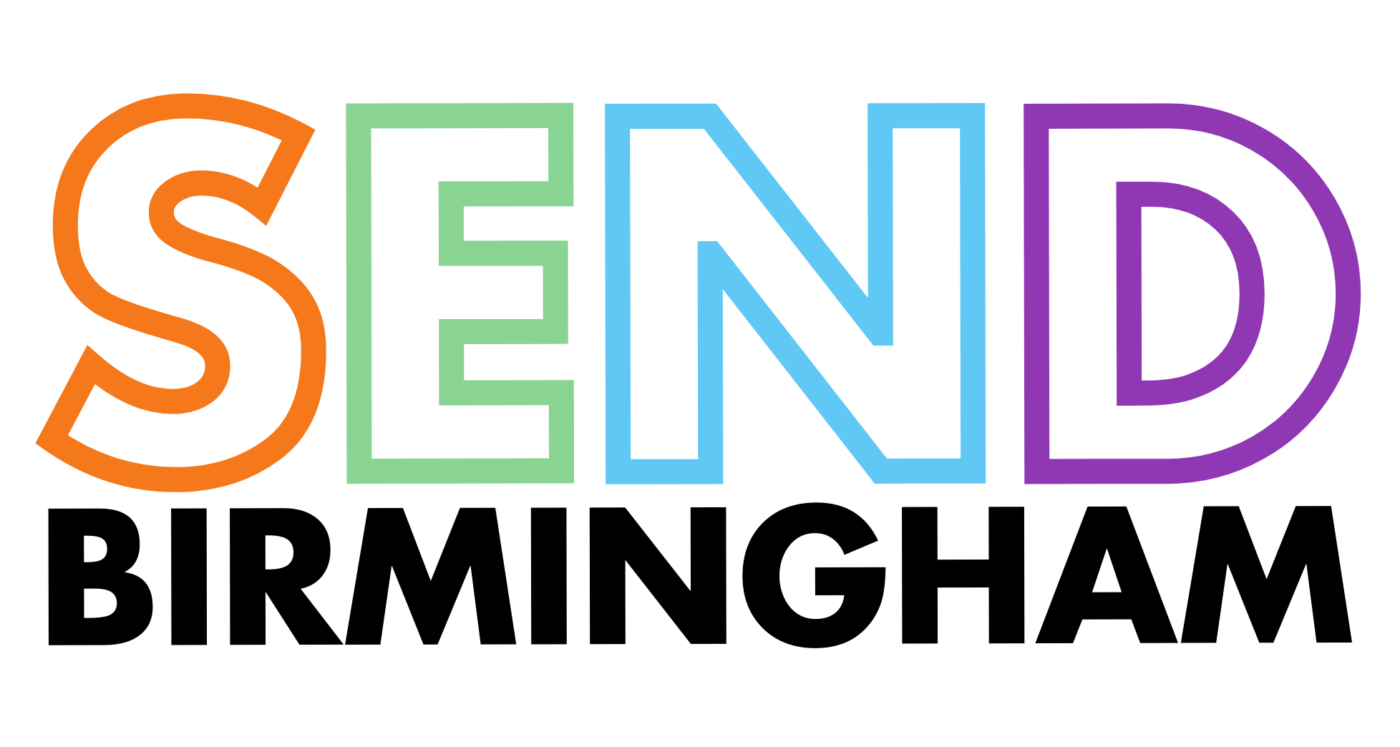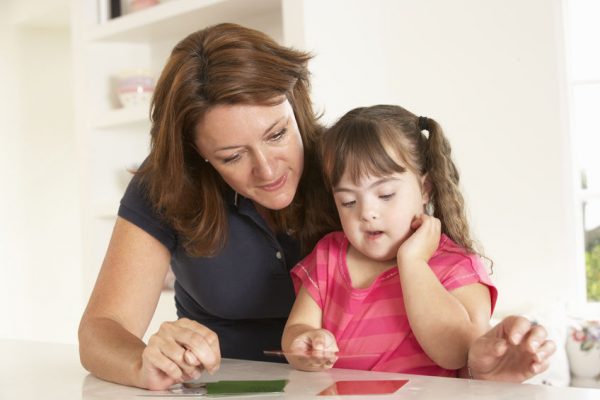Early Identification of Additional Needs
All babies and young children are unique and develop differently. Some may have needs which are identified before, at, or soon after birth. They are usually detected by healthcare and medical professionals. The needs of other babies and children may become evident over time, and you might be the first person to notice these, or they could be noticed by others.
If you feel that your child is developing differently to their peers, or to how you expected, you can share your concerns with your health visiting team or GP. The health, learning and development of all babies and young children is monitored by health visiting teams. Sometimes a health visitor may raise concerns about your child following one of their developmental checks. They will discuss these with you, allow you the opportunity to ask questions and share your views and they may offer advice and support. They may refer to other specialist health or education teams for further assessment and support.
There are a range of local health services that can help with the additional needs of your child. You can also access advice and signposting to appropriate services and organisations at your local children’s centre or family hubs.
Your child must receive the right support to address their needs as early as possible. Professionals you come into contact with may:
- give suggestions about ways to support your child at home
- signpost you to local groups you can attend with your child
- provide information about services available to help you with your child
- provide information about early education and childcare settings, where your child can play and interact with other children
- discuss appropriate referrals to specialist teams with you.
If your baby or child already attends a childcare or early education setting, you can share any concerns you have with their key person or teacher. Such staff may also share concerns with you. The best way forward is a partnership approach to identifying your child’s needs and planning ways to support progress. Staff in early years settings are skilled to differentiate to meet your child’s needs. Differentiation means making small adjustments to provision, ensuring your child can enjoy and be included in all activities in the setting.
Having identified your baby or child’s needs it is important to begin to meet these as soon as possible. You will read more about meeting needs in the section on provision.


